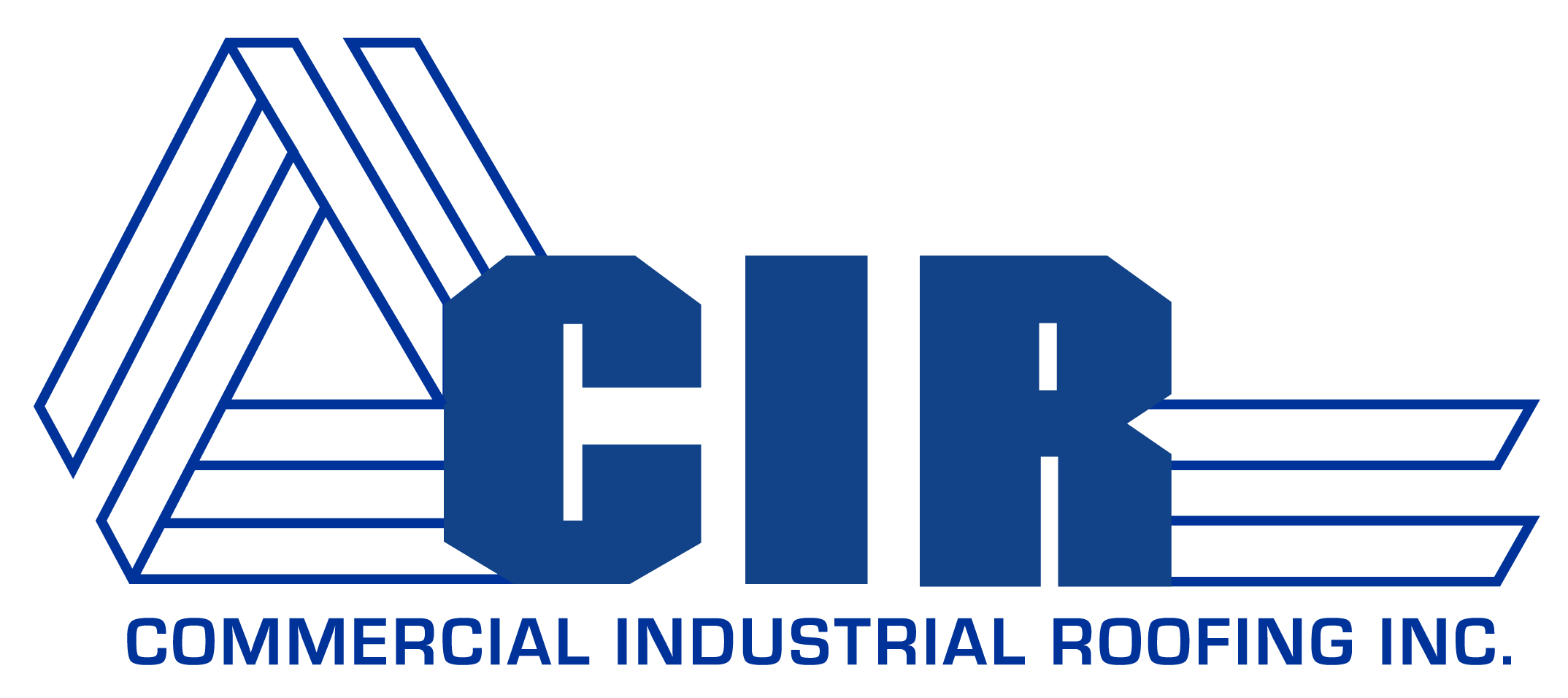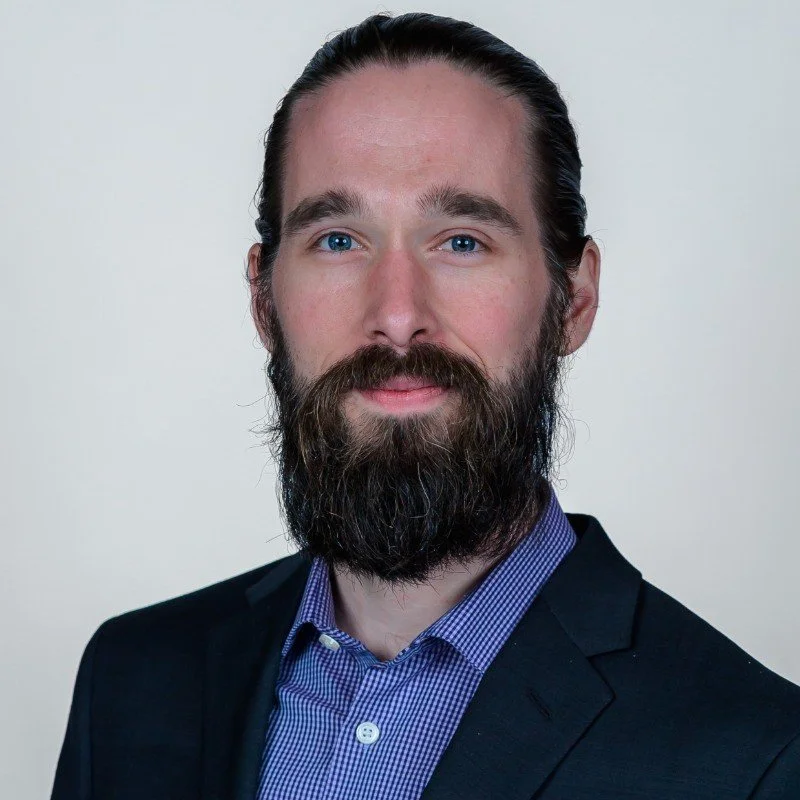Jason Cheung
Wildan
jcheung@willdan.com
Jason Cheung is the Washington Outreach Specialist for the Willdan Group, which administrates the Energy Design Efficiency programs for Seattle City Light, Puget Sound Energy, Snohomish PUD, Tacoma Power, and Clark Utilities. Before that he worked for 11 years managing SCL and PSE Direct Install programs for CleaResult, Engie, and the Environmental Coalition of South Seattle.
The presentation will focus on new and existing buildings, with a focus on how early engagement in the design phase can support new construction projects and existing building upgrades. For existing buildings, City Light will discuss how their programs play a vital role in helping owners comply with policies such as the Clean Buildings Performance Standard (CBPS) and Building Emissions Performance Standard (BEPS) by offering technical support and incentive pathways. For new construction, Willdan will cover how Energy Design Assistance helps project teams meet the Seattle Energy Code (SEC) and Washington State Energy Code (WSEC) requirements more efficiently. By integrating your energy provider's program resources early in the design process, higher energy performance and long-term compliance outcomes can and will be achieved.
Smart energy management practitioners have long advocated responsible energy management, preaching the merits of energy conservation, reduced greenhouse gas (GHG) emissions and optimized facility operations that reduce costs. In Seattle, 40% of GHG emissions come from the operation of the built environment.
Clean Building Performance and Emissions Standards are shaping the future of energy management in the built environment. Real estate developers need to comply with regulations while achieving long-term cost savings, improving sustainability outcomes, and enhancing operational efficiencies. Key programs in Greater Seattle exist to support property owners to navigate through regulatory requirements and achieve compliance in a strategic way. The Clean Buildings Accelerators, Utility Incentives, Strategic Energy Management, Energy Design Assistance and an upcoming Buildings Emissions Navigator, etc. are efforts we’ll look to highlight and who would be best served by each program. As these regulatory frameworks evolve, these programs will remain critical tools in the pursuit of a cleaner, more responsible energy future.
Forthcoming WA state Clean Buildings Performance Standard (based on EUI) and the City of Seattle's Building Emissions Performance Standard (BEPS, which is based on greenhouse gas emissions). Just the basics on each, when they go into effect, compliance deadlines, how Early Design Assistance fits into the process, etc. Note this might be a rehash of thing already covered - but since (e.g.) compliance for buildings >220,000 sf for the Clean Buildings Performance Standard goes into effect June 1, 2026 (barely > 1 year away), it seems like a great topic to cover.
After this Lunch & Learn, participants will be able to:
- Develop and implement a real estate strategy to support the core business, including assessing, acquiring, and disposing of real estate, space management
- Understand how Energy Design Assistance incentivizes energy efficient building design.
- Understand project management principles for managing new construction and other major projects












































































